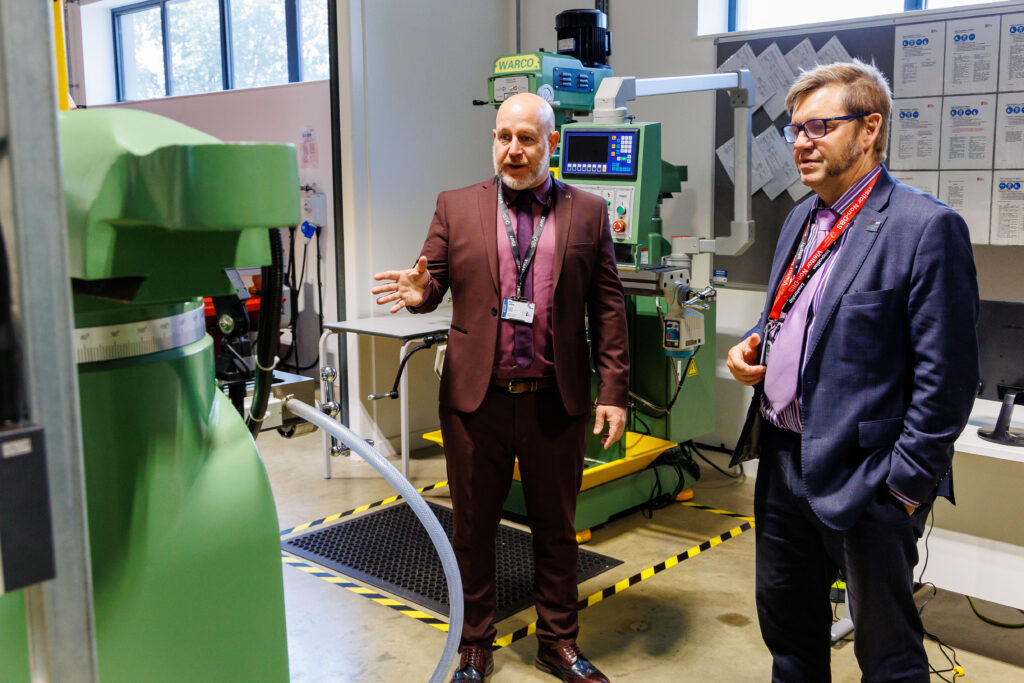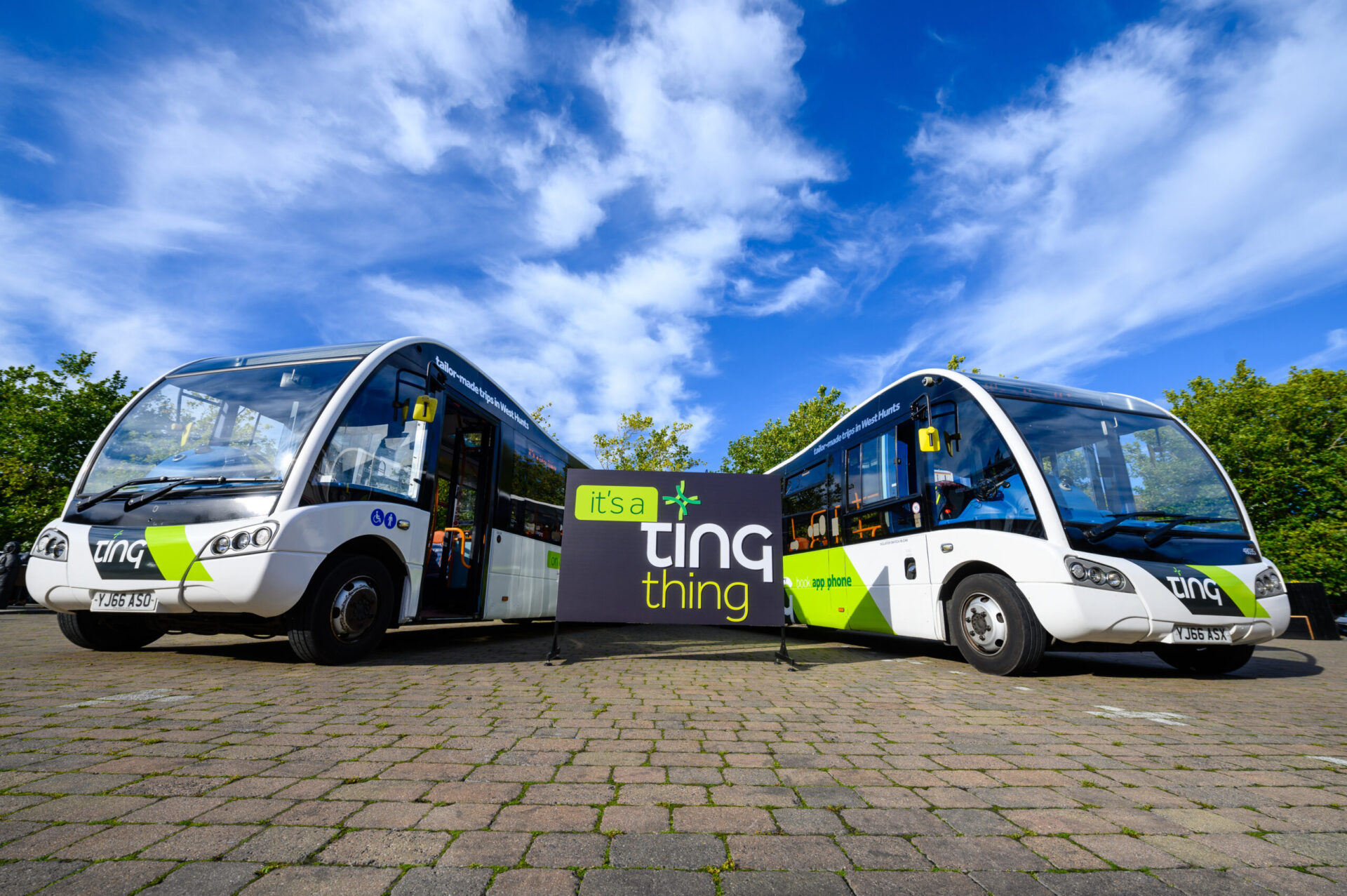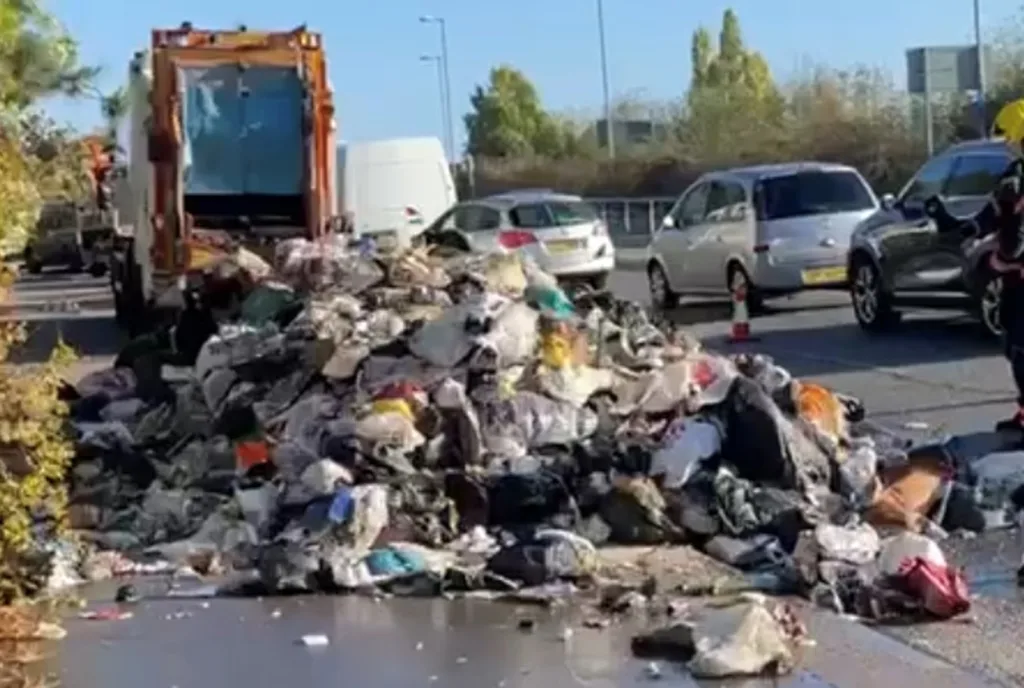Our columnist NIGEL PAULEY fronts the congestion charge challenge.
Proposals to introduce a £5-a-day “Sustainable Transport Zone” – aka congestion charge – in Cambridge is proving one of the most controversial and divisive local political issues for years.
It has pitted cyclists v motorists; city residents v country dwellers and Labour (Greens and Lib Dems) v Conservatives.
Some insiders claim it has also divided Cambridge City Council’s ruling Labour group.
There’s nothing new in politics; the possibility of a congestion charge was mooted by the Conservatives in the 1990s and later in the mid-2000s.
But, amidst a massive backlash from residents, they quickly dropped the plan.
Amongst the biggest critics were Labour and Lib Dems.
Now, in a remarkable reversal, it is the Labour and Lib Dem controlled Greater Cambridge Partnership (GCP) which is floating the idea – with the Conservatives heading the opposition.
Congestion charging is a subject that virtually everyone has view on.
Yet, many rent-a-quote councillors are being very uncharacteristically bashful about making their views too known publicly and are getting splinters from sitting on the fence.
Step forward one of the most strident councillors in favour of the charge – Labour’s Dave Baigent, one of the three voting members of the GCP.
He has not been shy is making it clear, too much approval from his cycling lobby echo chamber, that he very much believes this is the way forward for Cambridge.
At the last election, in answer to questions about cutting congestion from CamCycle, Dave made no mention of STZ as an option – citing the need for “free and regular bus travel … then cars restricted to a very few routes. All the remaining routes should be active travel prioritised.”
But there’s none so fervent or zealous as the new convert, as the old saying goes.
Few are as zealous or fervent about active travel and congestion charging than Cllr Baigent, who represents Romsey ward on the city council.
A man who once drove around Cambridge in a gas-guzzling Jaguar, now prefers to travel more sedately on a bright red tricycle.
A veteran firefighter-turned-academic, the unashamed old leftie Labour councillor, has the look of a boxer and a reputation for being a political bruiser.
Dave, then, is the perfect person to act as a human shield fronting the push to introduce the Sustainable Travel Zone (STZ) fee by 2027.
While shrewder, more timid, political figures are reluctant to comment, it is very clear that he is absolutely relishing pushing for the £5 congestion charge.
Dave, a proponent of the Green New Deal, takes no prisoners in his support for the measures aimed at cutting car use dramatically and promoting safer cycling and walking around the city.
He got involved in a nasty verbal altercation with local traders while out supporting the closure of Mill Road Bridge to traffic.
As one of the three voting members of the GCP, it has been Dave, who has been pushing the policy publicly.
Fellow GCP members Elisa Meschini, a Labour city and county councillor, and Lib Dem Cllr Neil Gough, deputy leader of South Cambs District council, have been more measured.
CCC deputy leader Elisa has said, in true savvy politician style: “I do think that people are ready, but if they look like they are not ready it is because quite frankly we have failed them ….”
So that’s clear then. Not!
Cllr Gough has been even more cautious. To the point of radio silence.
But then, he is not alone.
There has been a notable lack of comments from senior Cambridge City Labour councillors, like the new leader Cllr Anna Smith and former leader Lewis Herbert who seem happy to let Cllr Baigent do the talking for them.
Daniel Zeichner, the city’s Labour MP, has made his position clear: “I will not support a congestion charge unless we have a public transport system in place that offers a real alternative.”
The problem is, congestion charging while popular with the younger, cycling and active travel lobby so powerful in Cambridge, is not so popular with the more traditional working-class residents.
Not everyone can cycle everywhere. To the supermarket for the weekly shop. Or dropping young kids off at different schools on the way to work.
Some college students from villages outside the city just cannot rely on a bus service to deliver them on time.
Commuters in market towns and outside the city, whose votes Labour will be seeking are also unhappy.
They feel their voice will not be heard and they are being penalised financially, to get to work in the city or visit hospital, for example.
Some may feel introducing a tax which disproportionately hits the poor harder than the rich, is also, whisper it, not very Socialist or in keeping with Labour values.
The Lib Dems are making the right noises without actually saying much. Both Cambridge and South Cambs Lib Dems seem happy to let Dave take the lead on this thorny issue.
Meanwhile, word from insiders, is the East Cambs Lib Dems – who are hoping to take control of ECDC next year – are getting cold feet and aren’t fully committed.
It puts stronger emphasis on the way the rainbow coalition county council feels about the charging plan.
Of course, the STZ has proved manna from heaven for the local Conservatives – or “a tax on the poor” as South Cambs MP Sir Anthony Browne insisted.
Cllr Anna Bailey, leader of East Cambs DC, who is never slow to make a partisan political point, has been very vocal in her opposition.
As has former county council leader Steve Count and also Cllr Heather Williams, the opposition leader in South Cambs, who dubbed it a “stealth tax.”
She claimed the STZ would mostly impact those living in rural areas and on lower incomes and was “the wrong move for Greater Cambridge.”
Cllr Williams insisted: “Charging hard-working people who have no choice but to drive into Cambridge is wrong.”
More than 16,000 residents have signed a petition against congestion charging.
But, despite the heavy incoming from all sides, Cllr Baigent remains resolutely, unashamedly in favour of the STZ.
He claims there are 100,000 vehicles movements in the city each day and the aim was to cut them.
But official figures claimed there were 42,000 vehicle AND cycle journeys into the city centre each day.
The GCP’s Making Connections consultation paper published late in 2021 said there could be 26,000 extra vehicle journeys … which if added to 42,000 *total* makes only 68,000 (including cyclists)!
Whichever figures are correct there is little doubt something has to be done about congestion and air pollution in Cambridge.
In the summer of 2021 children were warned to stay inside and people advised not to exercise because the air quality was so poor.
Cambridgeshire and Peterborough Combined Authority (and Cambridge City Council) – have committed to reducing car journeys by 15% by 2030.
These GCP plans were supposed to tie-in with the CPCA’s much-delayed new Local Transport and Connectivity Plan and bus reform – but have somehow become disconnected.
Mayor Dr Nik Johnson has also tap-danced around the subject of congestion charging.
His authority will be responsible for the better bus services and fares required to encourage people out of their cars.
But, shrewdly, Dr Nik, seems content to withstand the pressure to voice his support and is keeping his powered dry about his views on road charging – while letting the GCP and Cambridge City take the heat.
In the foreword to the GCP’s Making Connections document, the mayor said: “As an NHS children’s doctor, I ’m very aware of the impact bad air quality and a sedentary lifestyle can have on our young people and how poor health can affect their chances in life.
“So, we need more active travel, linking to a cleaner and greener shared transport system – responsive and inclusive, so everyone gains better access to work and education opportunities.
“To achieve that, we also need to plan how we make space for it on the currently overcrowded roads, and how revenue is raised to fund it.”
No actual mention of a congestion charge there!
So why is a congestion charge back on the table?
Simply, the plans for more buses – and a flat fare of £1 – are estimated to cost around £40m a year.
The GCP has a £500m pot to spend – but clearly cannot sustain the cost of providing extra buses and cheap fares long term.
A congestion – or STZ charge – it is estimated will raise up to £60m per annum.
However, there is also the feeling that the “stick” of a STZ is needed to aid the “carrot” of cheaper, better bus services.
Also, that eco-zealots and cyclist lobbyists like Dave have seized the opportunity while others procrastinate to push forward the ultimate anti-car measure.
But is there an alternative?
Nottingham, for instance, funds its transport system, including copious buses and a tram system, via a so-called Workplace Levy – a yearly fee charged to businesses per parking space at their premises.
One thing that seems to have been cast aside is the potential for a tunnel free light rail or tram system.
There are examples in cities, like Coventry and the West Midlands, which could be tailor made for Cambridge and work could begin relatively quickly.
Cllr Baigent airily dismisses the tram option as being too expensive.
Personally, I believe, the GCP has lost control of the narrative and the optics – turning a possible positive of cleaner air, better public transport and cheaper fares into a big negative and open goal for the Tories.
People need to see tangible evidence that they can rely on the carrot of these improved public transport measures before getting whacked with the STZ stick.
This should all be about buses, buses, buses, maybe bus franchising and flat rate fares, not congestion charging.
However, maybe Dave and the GCP, know what they are doing.
Will their nerve hold, and they go through with the STZ plan?
Dave certainly thinks congestion charging is the way forward … but ultimately will he be driving the STZ bus to its final destination – or be left behind at the bus stop?

























